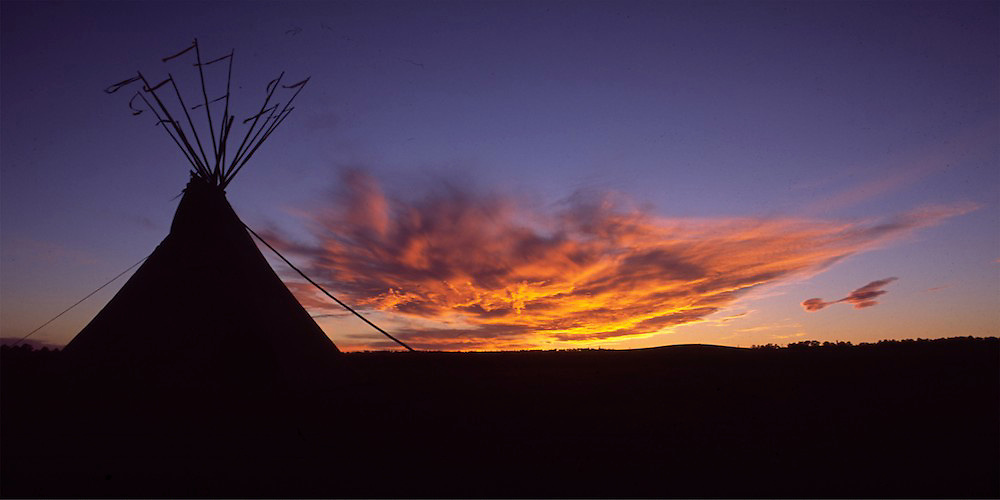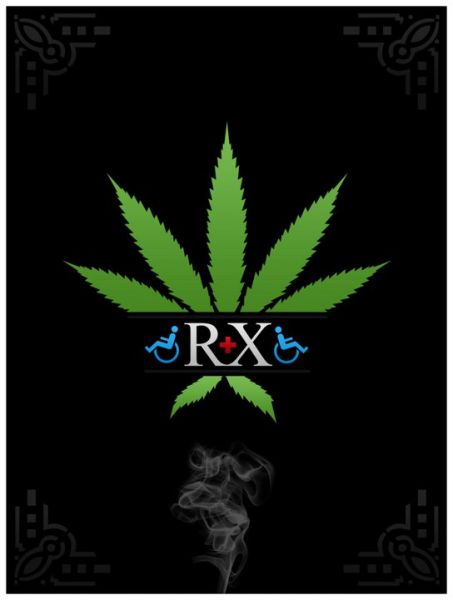 The original peoples of what is now the United States were left in legal limbo in the wake of the 2018 Farm Bill, which made hemp cultivation again lawful. Federally recognized Native American tribes could not cultivate under state regulation, because the states have limited jurisdiction on their reservations. But the US Agriculture Department dragged its heels in issuing federal regs that could apply on these lands. Caught between two sovereigns, many farmers in Indian country are asserting their right to cultivate hemp under the un-extinguished sovereignty of their own Native nations.
The original peoples of what is now the United States were left in legal limbo in the wake of the 2018 Farm Bill, which made hemp cultivation again lawful. Federally recognized Native American tribes could not cultivate under state regulation, because the states have limited jurisdiction on their reservations. But the US Agriculture Department dragged its heels in issuing federal regs that could apply on these lands. Caught between two sovereigns, many farmers in Indian country are asserting their right to cultivate hemp under the un-extinguished sovereignty of their own Native nations.

 Advocates increasingly assert that cannabis legalization is not fully realized unless workers are guaranteed their right to employment even if they partake of the herb off-hours. Some states are finally taking measures to rein in the use of urine-test results as an excuse to fire or turn down job applicants.
Advocates increasingly assert that cannabis legalization is not fully realized unless workers are guaranteed their right to employment even if they partake of the herb off-hours. Some states are finally taking measures to rein in the use of urine-test results as an excuse to fire or turn down job applicants. In a sign of progress, the courts are increasingly siding with employees fired for use of cannabis under state medical marijuana programs. The latest such victory comes from Arizona, where precedent has been set. Other states, however, are still awaiting legal clarity on the question.
In a sign of progress, the courts are increasingly siding with employees fired for use of cannabis under state medical marijuana programs. The latest such victory comes from Arizona, where precedent has been set. Other states, however, are still awaiting legal clarity on the question. California's
California's  With passage of the Farm Bill and removal of hemp-derived CBD from controlled substance status, big market growth is expected for the very chic and purportedly salubrious non-psychoactive cannabinoid. The law is a win for a nascent CBD industry that has been struggling to shake off the lingering stigma surrounding (psychoactive) cannabis. The effort to segment cannabidiol from "marijuana" is exemplified in the several states that now have "CBD-only" laws.
With passage of the Farm Bill and removal of hemp-derived CBD from controlled substance status, big market growth is expected for the very chic and purportedly salubrious non-psychoactive cannabinoid. The law is a win for a nascent CBD industry that has been struggling to shake off the lingering stigma surrounding (psychoactive) cannabis. The effort to segment cannabidiol from "marijuana" is exemplified in the several states that now have "CBD-only" laws. The Oklahoma Board of Health has issued new rules to oversee the state's medical marijuana program, and advocates are relieved that the ban on smokable herbaceous cannabis has been removed. However, concerns remain about other restrictions that could make it essentially impossible for cannabis business to function in the state.
The Oklahoma Board of Health has issued new rules to oversee the state's medical marijuana program, and advocates are relieved that the ban on smokable herbaceous cannabis has been removed. However, concerns remain about other restrictions that could make it essentially impossible for cannabis business to function in the state. With Oklahoma’s passage of a medical marijuana law, advocacy organizations say there is now only one state in the entire union without some sort of legal provision for medicinal use of either herbal cannabis or cannabinoid extracts: Idaho. And with a governor's race this year, there may be hope even there. One by one, even the most culturally conservative states are succumbing to the demands of patients and the findings of science to pass laws to allow use of (at least) extracts containing cannabinoids, or (at most) actual herbaceous marijuana, for either medical or "recreational" purposes.
With Oklahoma’s passage of a medical marijuana law, advocacy organizations say there is now only one state in the entire union without some sort of legal provision for medicinal use of either herbal cannabis or cannabinoid extracts: Idaho. And with a governor's race this year, there may be hope even there. One by one, even the most culturally conservative states are succumbing to the demands of patients and the findings of science to pass laws to allow use of (at least) extracts containing cannabinoids, or (at most) actual herbaceous marijuana, for either medical or "recreational" purposes.





Recent comments
3 weeks 3 days ago
7 weeks 2 days ago
11 weeks 2 days ago
12 weeks 17 hours ago
22 weeks 17 hours ago
26 weeks 1 day ago
27 weeks 1 day ago
27 weeks 1 day ago
48 weeks 2 days ago
1 year 2 days ago